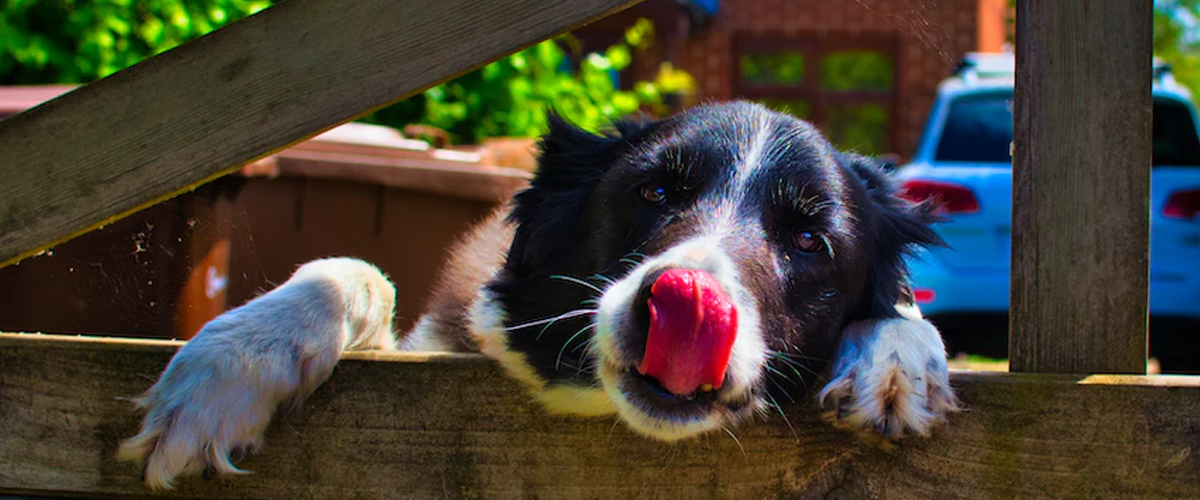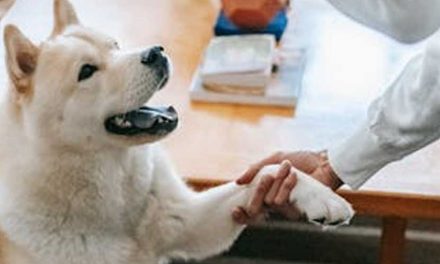Dog licking, specifically face licking, is a common behavior exhibited by our beloved four-legged friends.
But why do dogs engage in this behavior, and more importantly, how can we discourage it when it becomes a nuisance?
FACE LICKING
Dogs have a variety of reasons for face licking.
It’s a form of communication and can signify anything from submission to affection.
Puppies often lick the faces of their mother to stimulate regurgitation for feeding, a behavior that may continue into adulthood as a sign of respect and submission to a perceived higher-ranking member of the pack.
Dogs also engage in face licking to show affection, much like humans might show affection with a hug or kiss.
Dogs use their tongues to explore the world
Humans have hands and eyes to investigate their surroundings, while dogs primarily rely on their noses and tongues.
Licking can be a way for a dog to taste something or someone to gather information about them.
PREVENTION
However, if your dog’s face licking is excessive and becoming a problem, there are effective ways to curtail this behavior.
First and foremost, it’s important not to reinforce the behavior.
If your dog licks your face, don’t reward them with petting or attention. Instead, stand up and walk away, ignoring your dog until they calm down.
Next, try redirecting your dog’s attention.
If your dog starts licking your face, offer them a toy or treat to distract them.
Over time, they will learn that they get rewards for not licking faces.
OBSESSIVE DOG BEHAVIOUR
If your dog’s licking becomes obsessive, it may be a sign of anxiety or other emotional issues.
In this case, it might be helpful to consult with a professional dog trainer or behaviorist to discuss possible solutions.
Remember, it’s important to handle this situation with patience and understanding
Your dog isn’t trying to annoy you; they’re simply doing what comes naturally to them.
Show them love, patience, and guide them towards better behavior.
STIMULATION
It’s also crucial to ensure your dog’s needs are being met in terms of physical exercise and mental stimulation.
A bored or under-stimulated dog might resort to licking as a way to get attention or relieve stress.
Make sure your dog gets plenty of exercise, playtime, and mental stimulation to keep them content and well-behaved.
IN CONCLUSION
Dog licking, particularly face licking, is a natural canine behavior rooted in their instincts and communication methods.
While it can be a sign of affection, submission, or curiosity, excessive licking can also be problematic and may require intervention.
With understanding, patience, and appropriate redirection, you can manage this behavior effectively.










